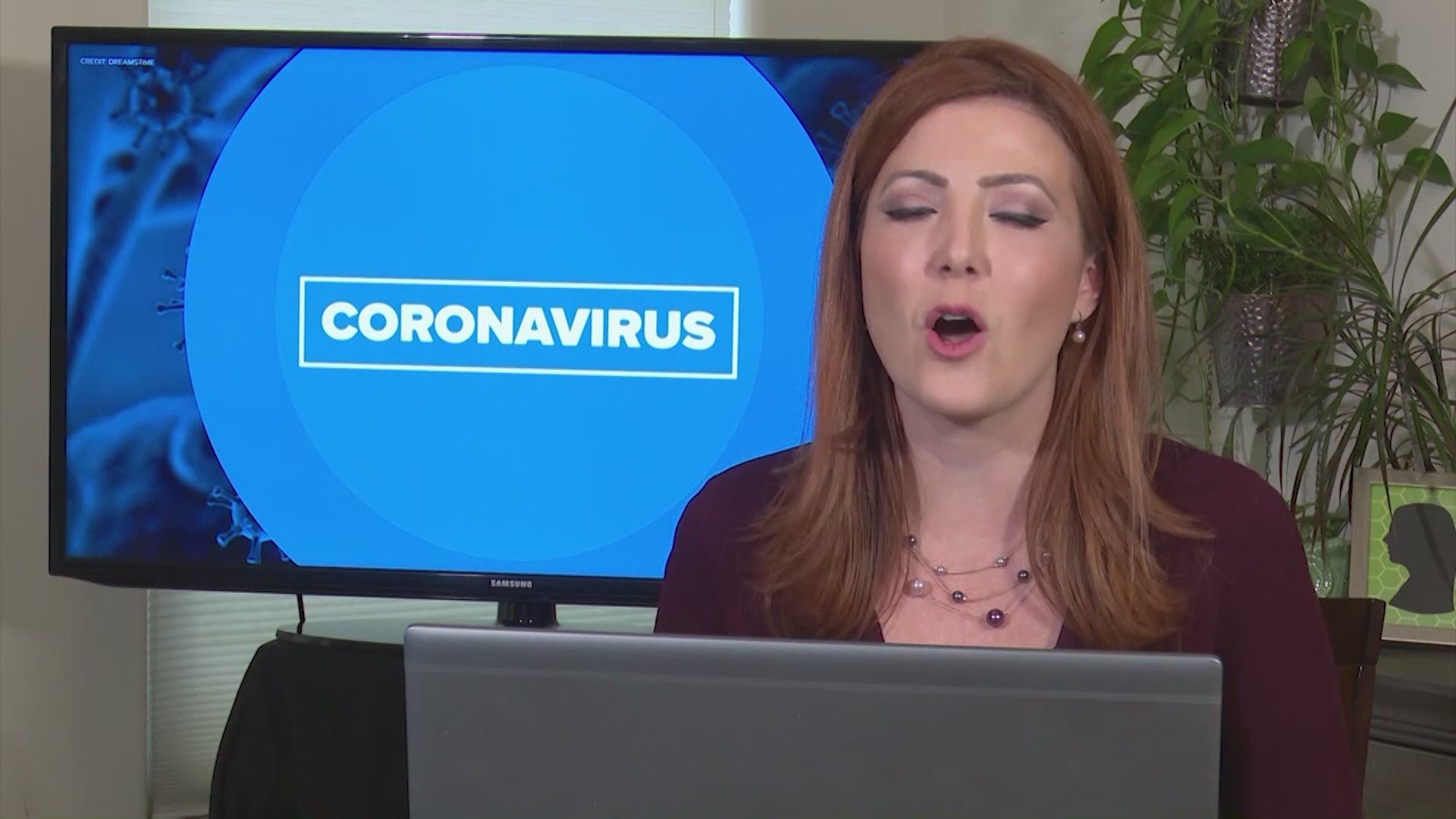HOUSTON — As we take precautions to protect those most at risk for COVID-19, it means keeping our distance from those we love most. That is creating a sense of isolation for seniors, says Ashley Osborn, AccentCare Behavioral Health Regional Manager for the state of Texas.
“They’re not only isolated, they’re missing that human interaction and contact,” she says. “They’re not able to go out in the public they way they have before, even to go grocery shopping or meet a friend for lunch.”
On top of that, Osborn adds, they’re often not even able to have medical providers or family members visit them just to ask, “How is your day?” As a result, more seniors are suffering from mental health issues, such as depression.
“There’s also a lot of fear,” says Osborn. “There’s a lot of information that comes at them from all sides and they’re not sure what is correct and what might be exaggerated.”
Along with everyone else, seniors can feel a sense of uncertainty about when the pandemic will end and when life will go back to normal.
Osborn advocates watching for signs of depression in seniors, including being withdrawn. A lack of communication is another symptom.
“If they stop talking to you about their feelings or about how their day is going, that should be a cause for concern,” she says.
If you’ve noticed a senior you love starting to exhibit those symptoms, Osborn suggests being as involved as possible.
“Call or check in as much as you can,” she says. “Just make sure to stay connected.”
At the end of the day, Osborn offers a reminder that we will all get through this.
“There is a light at the end of the tunnel, whenever that comes. This too shall pass,” she says.

